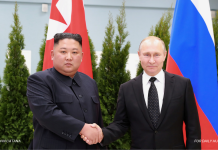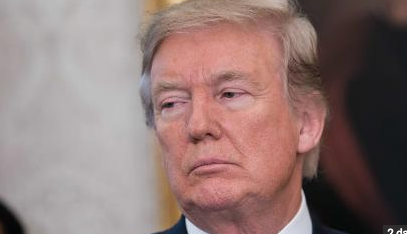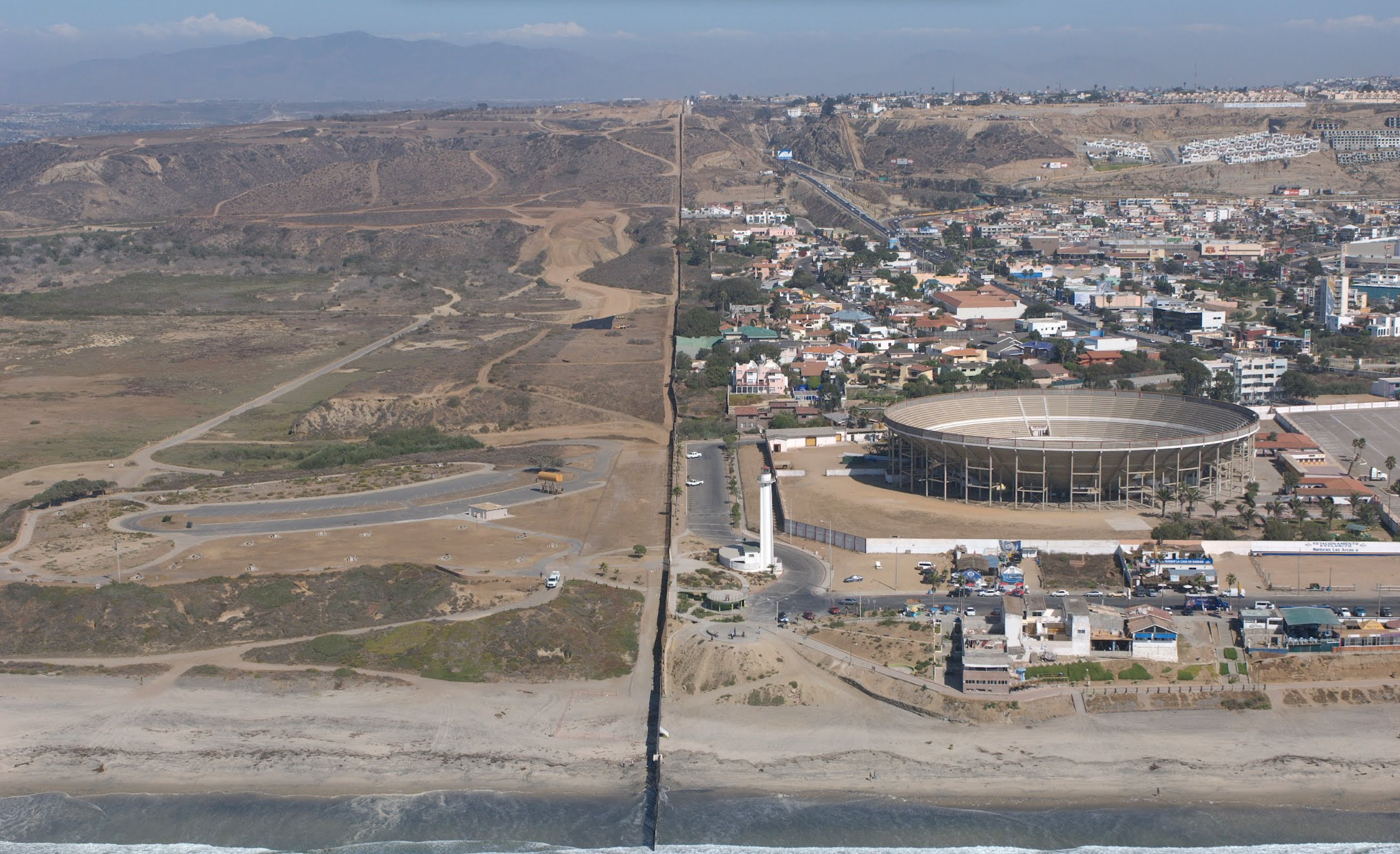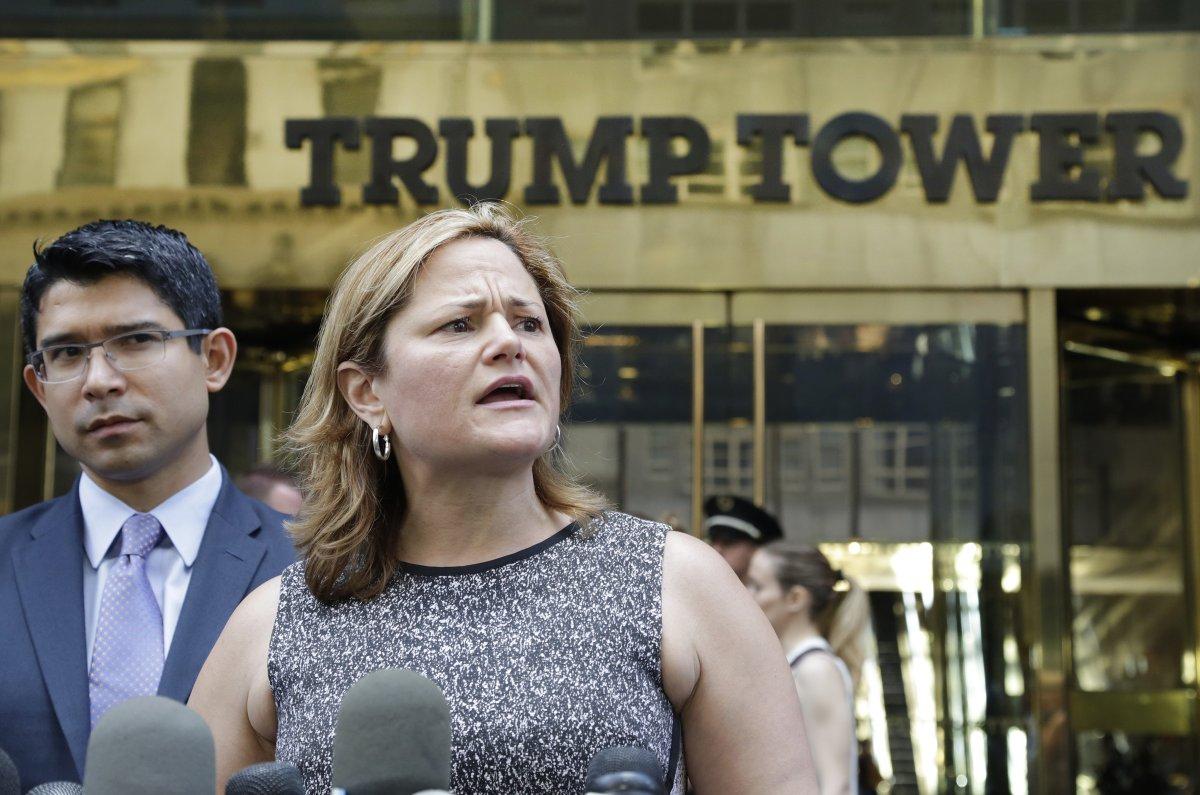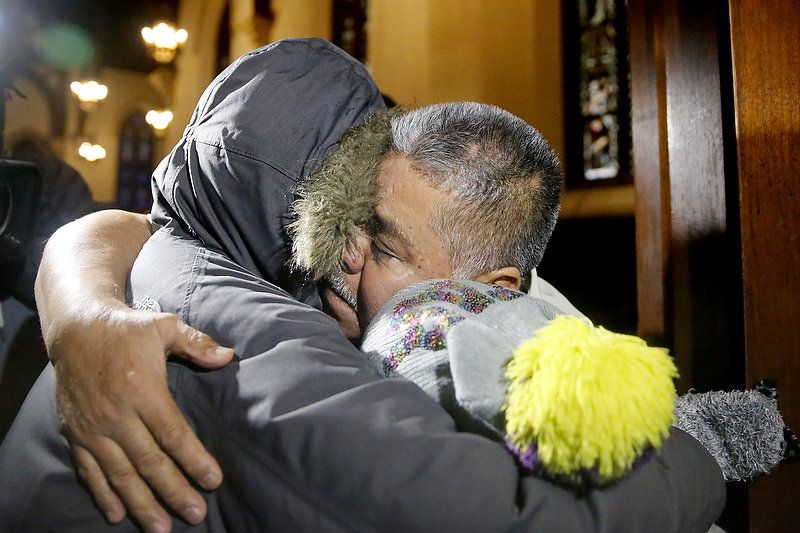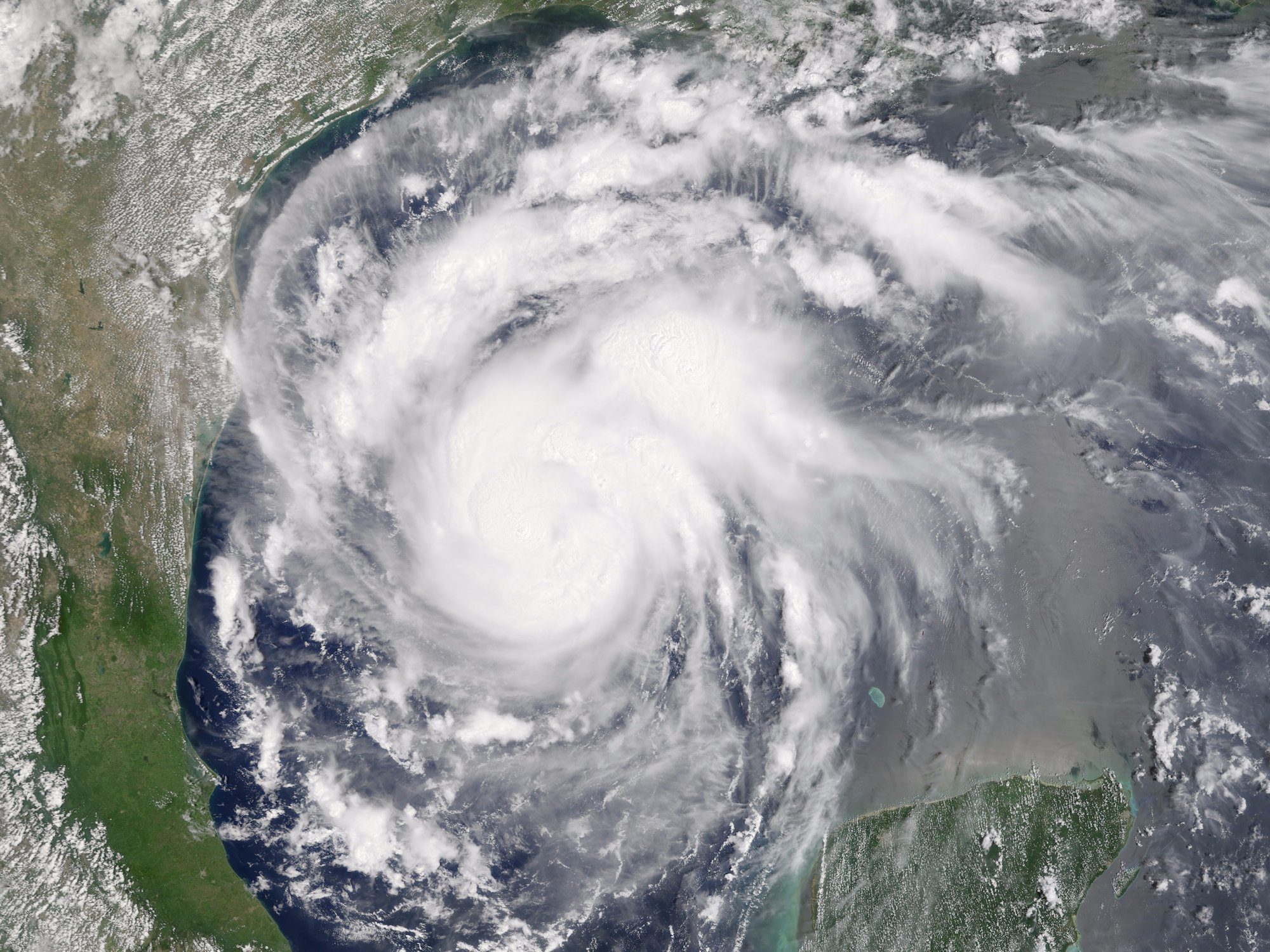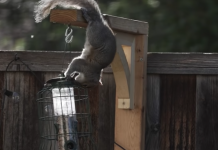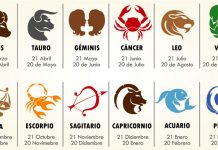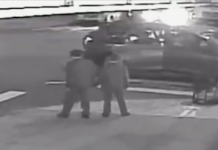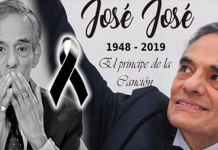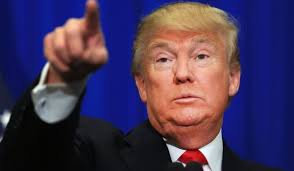Article from NY Times
As dawn broke following a frenzied, middle-of-the-night scramble by the global news media for strategic real estate outside Buckingham Palace, the much anticipated announcement finally came: A 95-year-old man was retiring.
That would be Prince Philip, also known as the Duke of Edinburgh, the gaffe-prone but grumpily endearing and loyal husband of Queen Elizabeth II, who has been her consort for 70 years — the longest royal union in British history — and has served the country for nearly as long.
“His Royal Highness the Duke of Edinburgh has decided that he will no longer carry out public engagements from the autumn of this year. In taking this decision, the duke has the full support of the queen,” read the terse statement from the palace, which gave no reason for the retirement. It added that the queen’s role would be unchanged, and that while Prince Philip would retreat from public view he may occasionally attend public events.
Only minutes earlier, outside the palace, more than a dozen television crews and assembled journalists from Britain, the United States, France, Japan, Canada, New Zealand and Australia had been watching for even the slightest clue about what was happening. Speculation was rife — unfounded speculation, as it turned out — that either Prince Philip or the queen might be dead.
The flag atop Buckingham Palace was at full mast, signaling that the queen was fine and at home. Beyond the possibility that there would be an announcement of a royal death – an event that would be carefully choreographed after years of preparation — various other possibilities were discussed in whispers. Could it be an abdication crisis? Some sort of security threat at one of the queen’s many lavish homes? A palace decoration emergency?

At one point, a group of royal-looking horses trotted by, galvanizing a flock of photographers into action. False alarm.
“This is more exciting than the election,” mused Rachael Venables, a reporter for LBC, a London-based talk radio station, alluding to Britain’s somewhat lackluster upcoming general election, which Prime Minister Theresa May and the Conservatives are widely expected to win handily.
The media scrum had been touched off by a report in The Daily Mail, a British tabloid, that all members of the queen’s staff had been ordered to a meeting in London, and that employees from royal residences across the country would be in attendance.
The Daily Mail described the meeting as “highly unusual,” and Buckingham Palace’s silence on the matter early in the morning allowed rumors to flourish. A palace official said such gatherings happened every now and then, and that there was “no reason for alarm.”
The Sun, Rupert Murdoch’s British tabloid, erroneously published an unfinished obituary of Prince Philip on its website for a few minutes on Thursday morning. The headline read: “Prince Philip dead at 95, how did the Duke of Edinburgh die, etc etc.” “We are mortified this happened,” a Sun executive later said.

An announcement was rumored to be forthcoming at 8 a.m., and when it failed to come BBC television news said its top story of the morning would be the sharp rise in eating disorders among men. Palace gardeners could be seen jovially going about their chores. Bemused tourists near the palace asked what all the fuss was about.
Adding to the confusion was the fact that both the queen and Prince Philip had performed duties on Wednesday: The queen met Mrs. May and the prince cut a ribbon to open a new stand of seats at a cricket ground. If a royal personage had died, the palace was behaving with remarkable stoicism.
The royal family are beloved fixtures in Britain and speculation about royal health has been simmering for months. The prince was ill during the holiday period while the queen, who is 91, was not seen in public for nearly a month after missing church services on Christmas and New Year’s Day because of what Buckingham Palace described as a persistent cold.
A former naval officer, Prince Philip has earned a reputation as a royal workhorse and a steadfast spouse to the queen, even as he has sometimes come under criticism for making rude and occasionally out-of-place remarks.
During a trip to Canada in 1976, he had this to say: “We don’t come here for our health. We can think of other ways of enjoying ourselves.”
In 1986, while on an official visit to China, he told a group of British exchange students living in the city of Xi’an that if they stayed much longer “you’ll all be slitty-eyed.”
In 1995 on a visit to Scotland, he met a driving instructor. “How do you keep the natives off the booze long enough to pass the test?” he asked.
Yet despite his propensity for political incorrectness, on Thursday he came in for praise, the memory of earlier embarrassments perhaps blunted by the sheer stamina and longevity of the foreign-born prince as he approaches 100. Mrs. May, the leader of the Conservative Party, offered him “our deepest gratitude and good wishes.”
Prince Philip’s essentially diplomatic role as royal consort did not come naturally, even as he has served as a patron, a president or a member of over 780 organizations. When interviewed by the Independent in 1992, he reflected with characteristic bluntness on his various honorary functions, including roles on a committee on coinage and at the wildlife charity WWF.
“It was not my ambition to be president of the Mint Advisory Committee. I didn’t want to be president of WWF. I was asked to do it,” he said, before adding: “I’d much rather have stayed in the Navy, frankly.”
A nephew of Greece’s King Constantine I, Prince Philip was born in 1921 on the dining room table of a villa on the Greek island of Corfu. Known for his passion for the rugged outdoors, he represents an era when Britain ruled large parts of the world and gentlemen wore their lack of visible emotion like a badge of honor. That style has been blamed for making him a distant figure in the lives of his children, particularly Prince Charles, the heir to the throne.
There has also been speculation about his marriage to the queen. When asked by the Independent about rumors of infidelity, he replied wryly: “Have you ever stopped to think that for the last 40 years, I have never moved anywhere without a policeman accompanying me? So how the hell could I get away with anything like that?”


